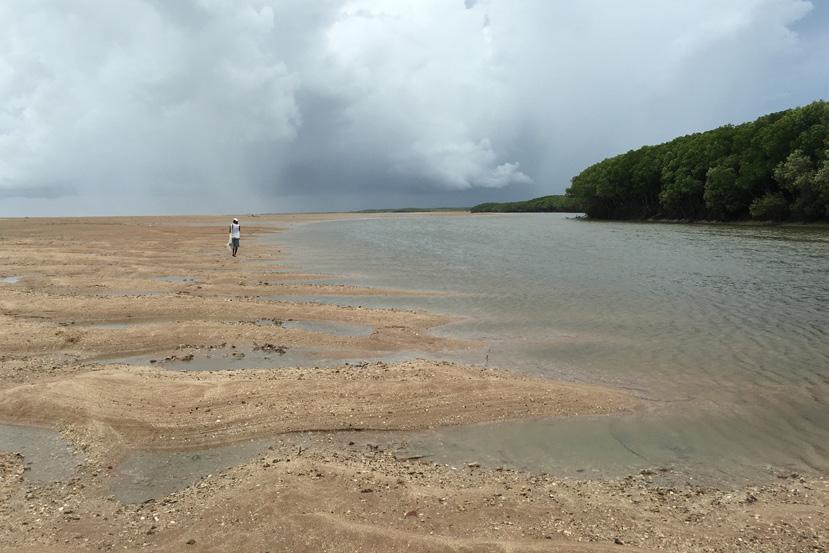
1 minute read
Cognitive assessment with Aboriginal and Torres Strait Islander peoples in the Northern Territory.
Rebecca Leanne Smith, PhD Candidate, Charles Sturt University and occupational therapist, Learn and Thrive Therapy, Darwin
This article draws upon my experiences as an occupational therapist working in the Northern Territory for 11 years, and the doctoral research I am conducting through Charles Sturt University under the supervision of Associate Professor Melissa Nott, Dr. Judy Ranka and Dr. Robyn Williams.
In this article, I will describe some of my experiences in cognitive assessment with Aboriginal and Torres Strait Islander peoples and share the story of the research I am undertaking.
‘Aboriginal and Torres Strait Islander peoples’ will be used when referring collectively to the First Nations peoples of Australia. The author would like to acknowledge the Larrakia people on whose unceded lands this work was conducted on.
Cognitive assessment in the Northern Territory
I moved to the Northern Territory 11 years ago and my first role was the trauma occupational therapist at Royal Darwin Hospital. I worked with a team of health professionals seeing clients who had sustained traumatic and complex injuries at the only tertiary hospital in the Northern Territory. Assessing cognition following brain injury was a part of the role I initially found particularly challenging. Many Aboriginal and Torres Strait Islander clients were from remote communities, English was not the primary language spoken for the majority of clients and the concepts in the typical cognitive assessments we used were often irrelevant to the client. One cognitive assessment originally designed for use with Aboriginal and Torres Strait Islander peoples in the Kimberly region of Western Australia is the Kimberly Indigenous Cognitive Assessment (KICA). The KICA is designed to screen for dementia and, while potentially useful for this purpose, in clinical practice the KICA is commonly used with Aboriginal and Torres Strait Islander peoples of all ages and diagnoses, well beyond its intended scope. In the absence of a more suitable assessment, my colleagues and I typically relied on adapting standardised assessments and using our observations of functional tasks to support the assessment process. I learnt that for occupational therapists, and other health professionals who work with Aboriginal and Torres Strait Islander peoples in the Northern Territory, cognitive assessment was widely acknowledged to be a challenging and complex area of clinical practice, and this was also Continued next page




